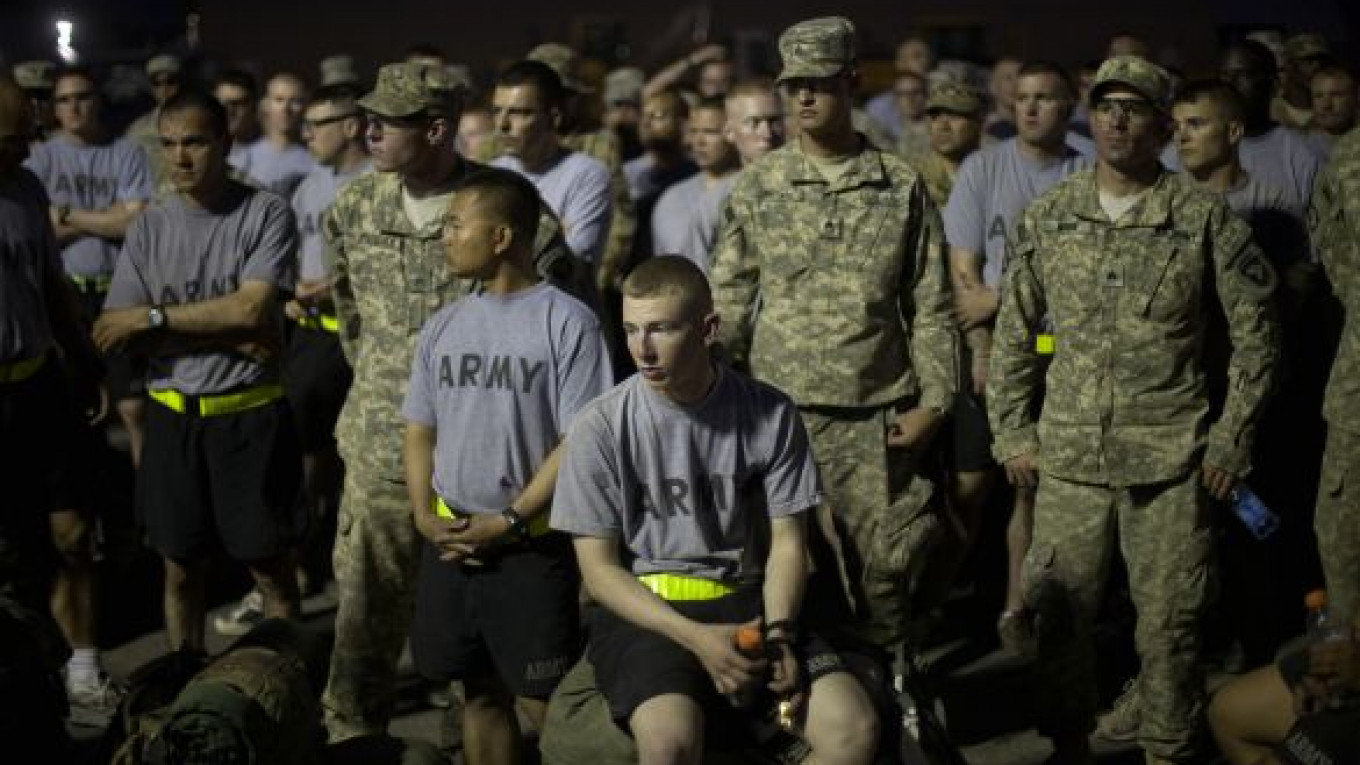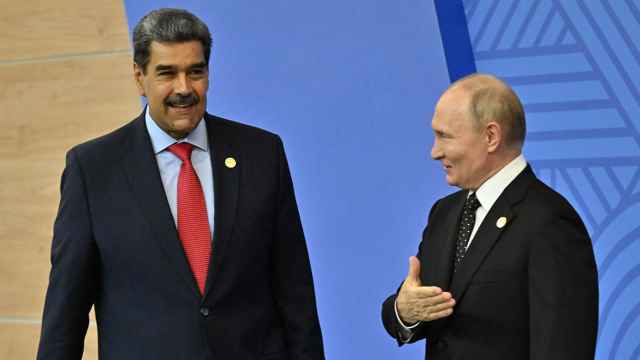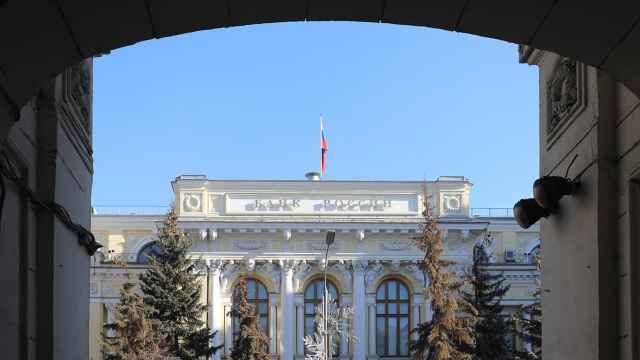BRUSSELS — NATO and Russia are planning to significantly expand a crucial supply link with Afghanistan to allow the alliance to ship military equipment back to Europe, officials and diplomats said Tuesday.
The governments of Russia's neighbors in Central Asia still need to endorse the new arrangement, officials and diplomats said on condition of anonymity because they are not permitted to speak publicly.
Current arrangements allow only for one-way transport of nonlethal supplies.
"We continue to work on this with the hope to make the reverse transit operational as soon as possible," said Carmen Romero, a NATO spokeswoman.
The accord would allow the United States and other NATO members to safely extract forces and equipment from landlocked Afghanistan as the allied drawdown starts gaining momentum later this year.
The move highlights the steady improvement of ties between the former Cold War rivals, despite continuing disagreements over issues such as Georgia or the war in Libya. Moscow has been warmer to the Afghan mission's success in recent years, fearing that a NATO defeat there could destabilize Central Asia and endanger Russia's security.
NATO has already significantly expanded the use of transit routes through Russia and Central Asian states as alternatives to its main, ambush-prone logistics line through Pakistan.
The United States and its allies relied primarily on the Pakistani route throughout most of the war, and until just two years ago it accounted for 90 percent of all supplies. But the 140,000-member international force now receives about 40 percent of its logistics via the so-called Northern Lines of Communication through Russia, Uzbekistan and Kazakhstan.
Officials say they expect that by the start of next year, more than two-thirds of supplies for Afghanistan will be arriving through the northern route. Restrictions on the transport of lethal supplies — such as weapons and ammunition — are also expected to be relaxed eventually.
The ability to move large quantities of cargo overland through Russia and Central Asia also bolsters Washington's position in relation to Pakistan. U.S. ties with Islamabad went into a tailspin following the U.S. commando raid that killed Osama bin Laden in a Pakistani military town in May.
There are two other possible access routes to Afghanistan, through Iran and China.
But the alliance cannot use the one through Iran's southeastern port of Chahar Bahar because of the political dispute over Tehran's nuclear program. Meanwhile, a dirt road from China through the Wakhan Corridor, leads through some of the world's most mountainous terrain and is blocked by snow for much of the year.
A Message from The Moscow Times:
Dear readers,
We are facing unprecedented challenges. Russia's Prosecutor General's Office has designated The Moscow Times as an "undesirable" organization, criminalizing our work and putting our staff at risk of prosecution. This follows our earlier unjust labeling as a "foreign agent."
These actions are direct attempts to silence independent journalism in Russia. The authorities claim our work "discredits the decisions of the Russian leadership." We see things differently: we strive to provide accurate, unbiased reporting on Russia.
We, the journalists of The Moscow Times, refuse to be silenced. But to continue our work, we need your help.
Your support, no matter how small, makes a world of difference. If you can, please support us monthly starting from just $2. It's quick to set up, and every contribution makes a significant impact.
By supporting The Moscow Times, you're defending open, independent journalism in the face of repression. Thank you for standing with us.
Remind me later.






